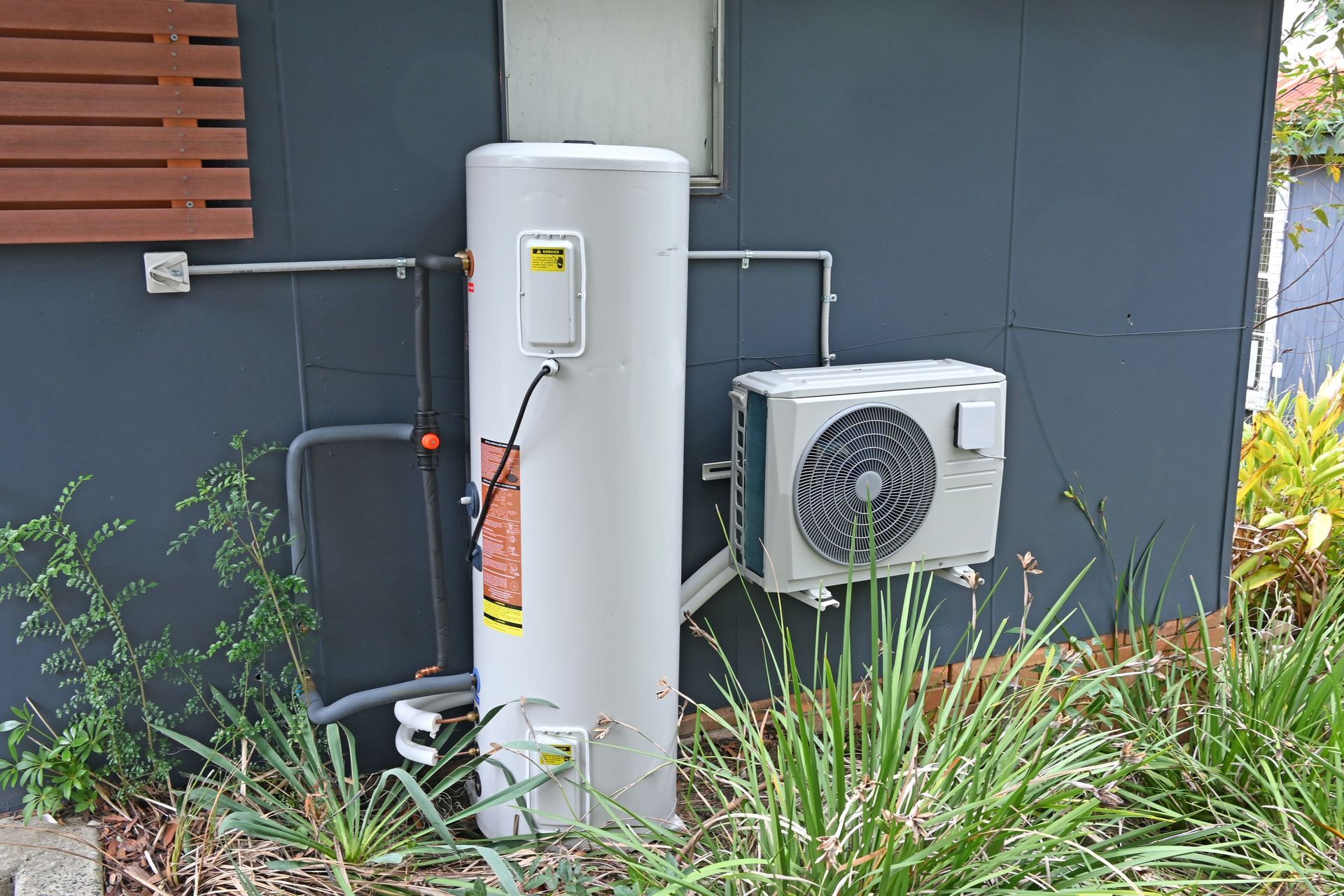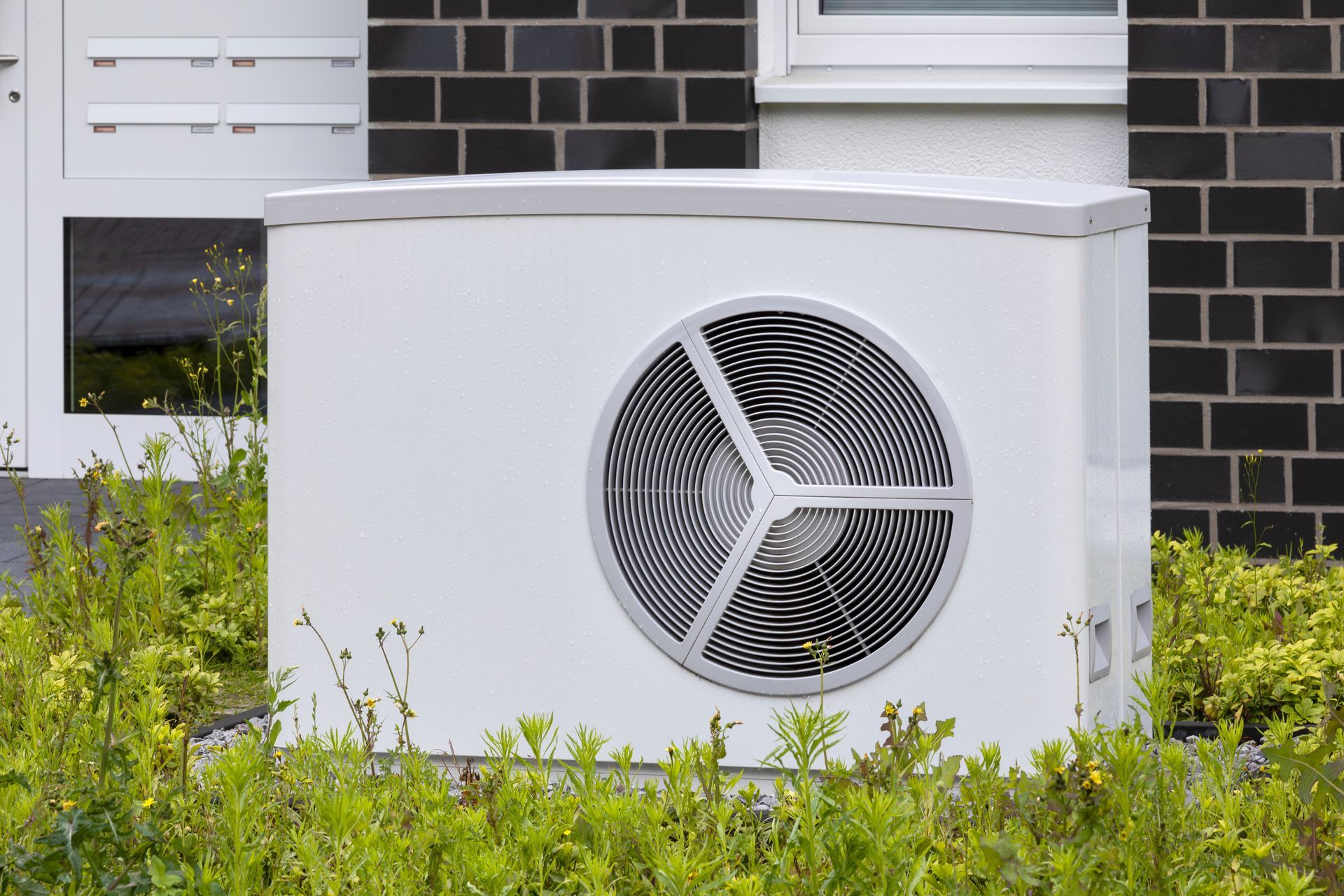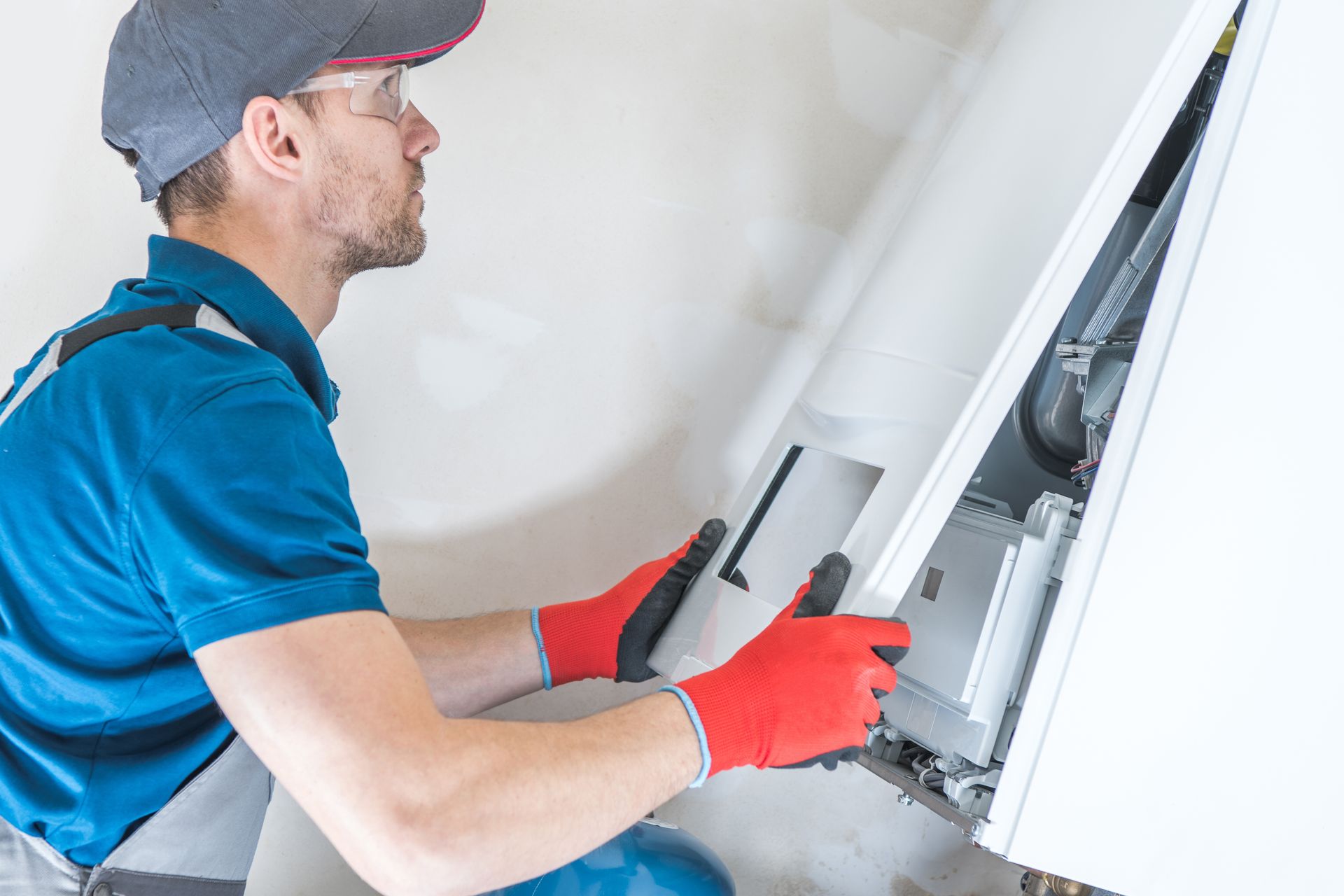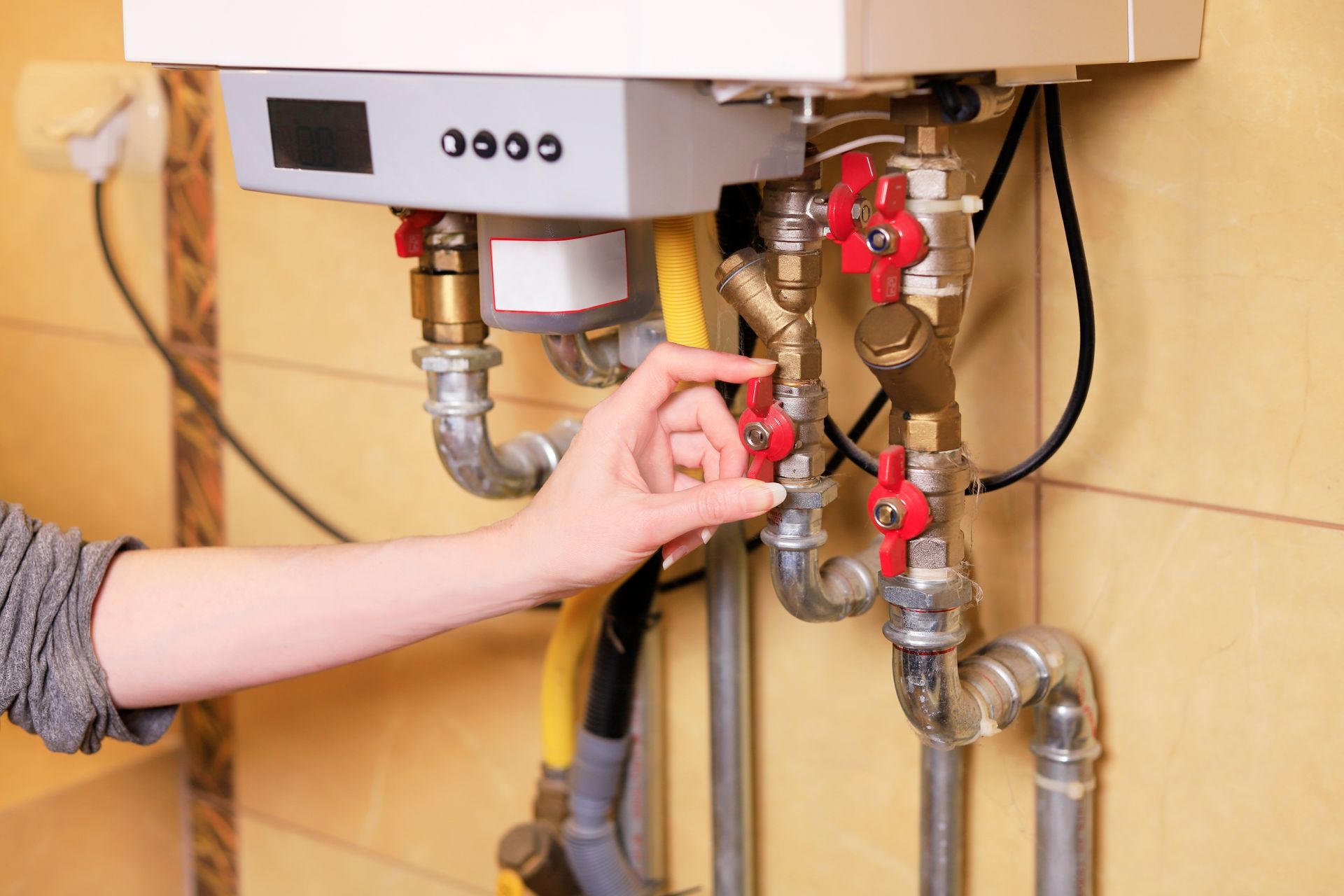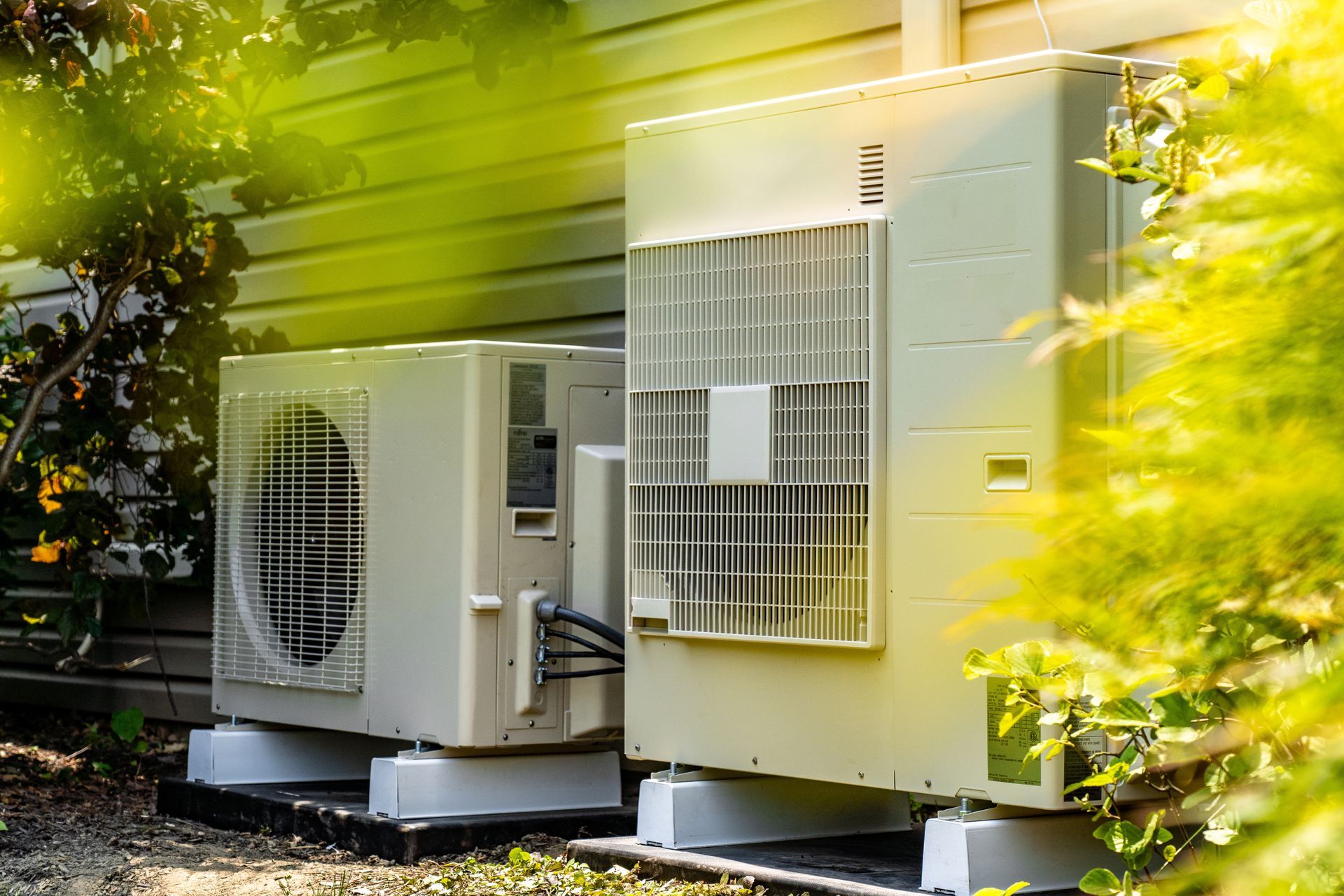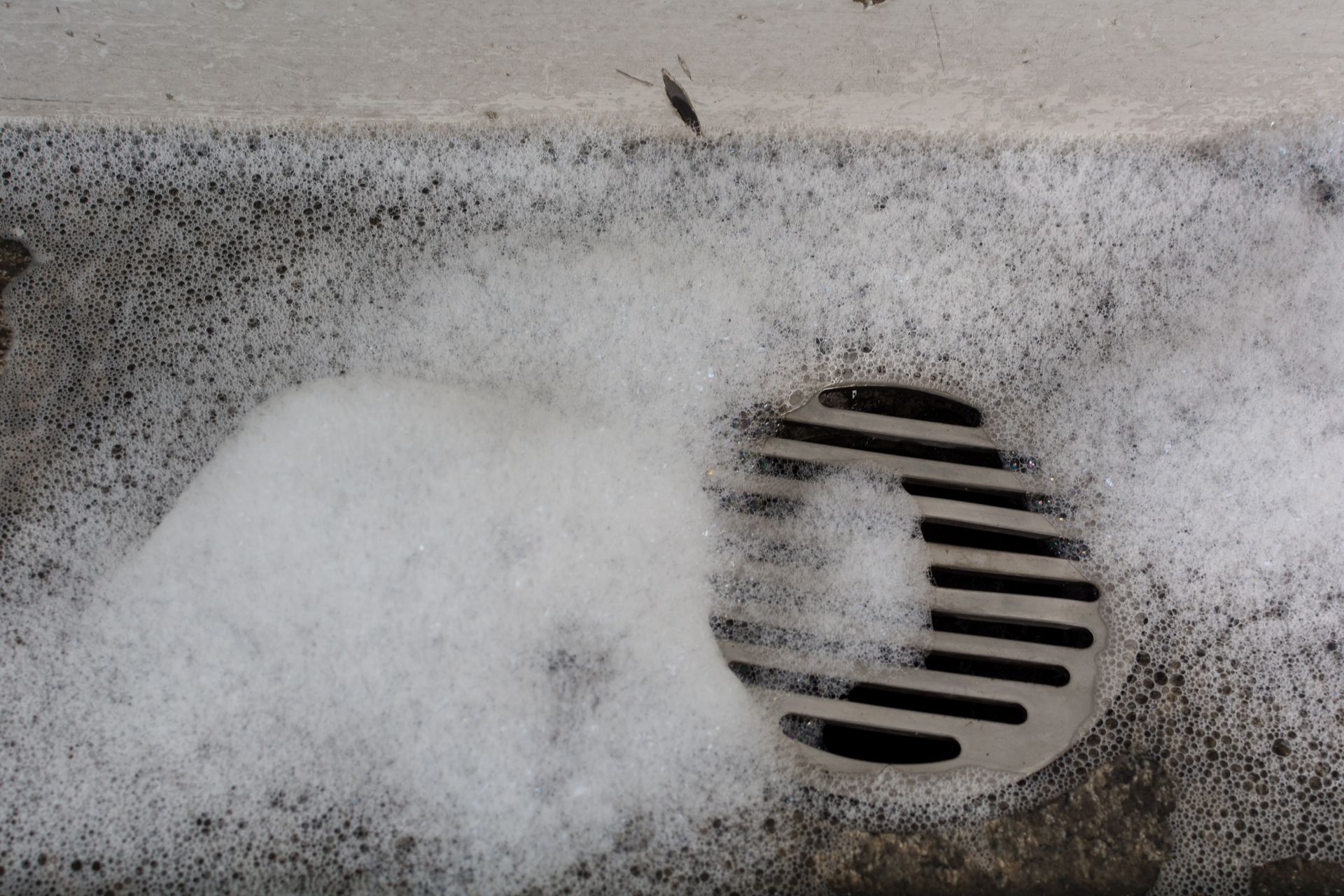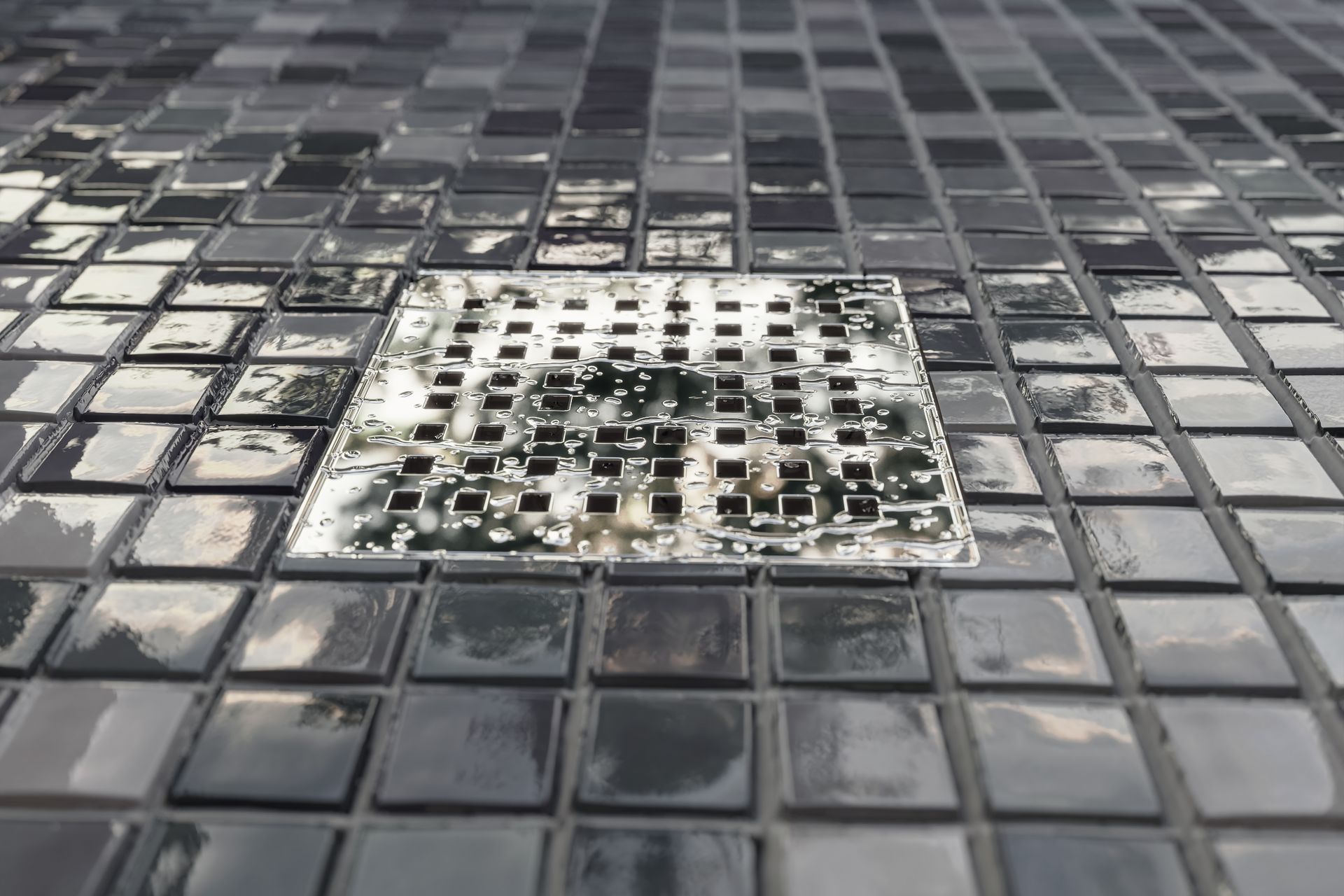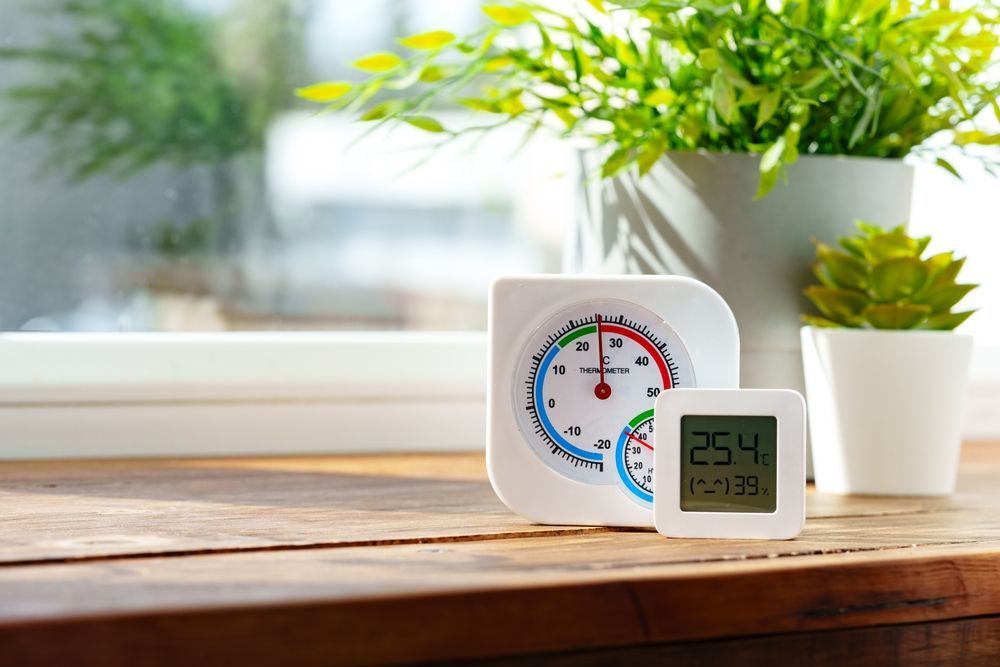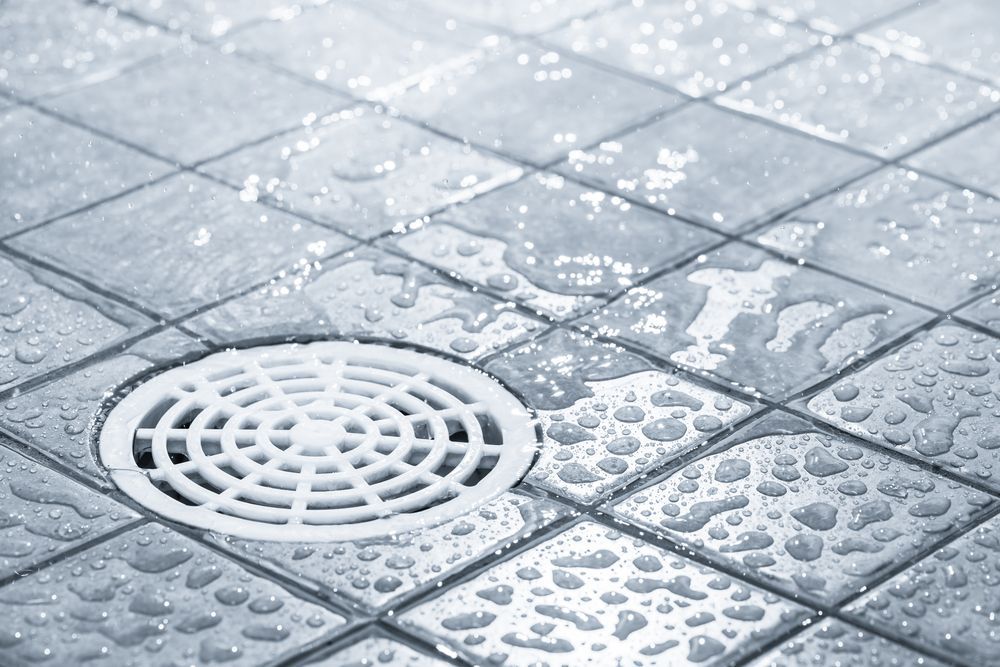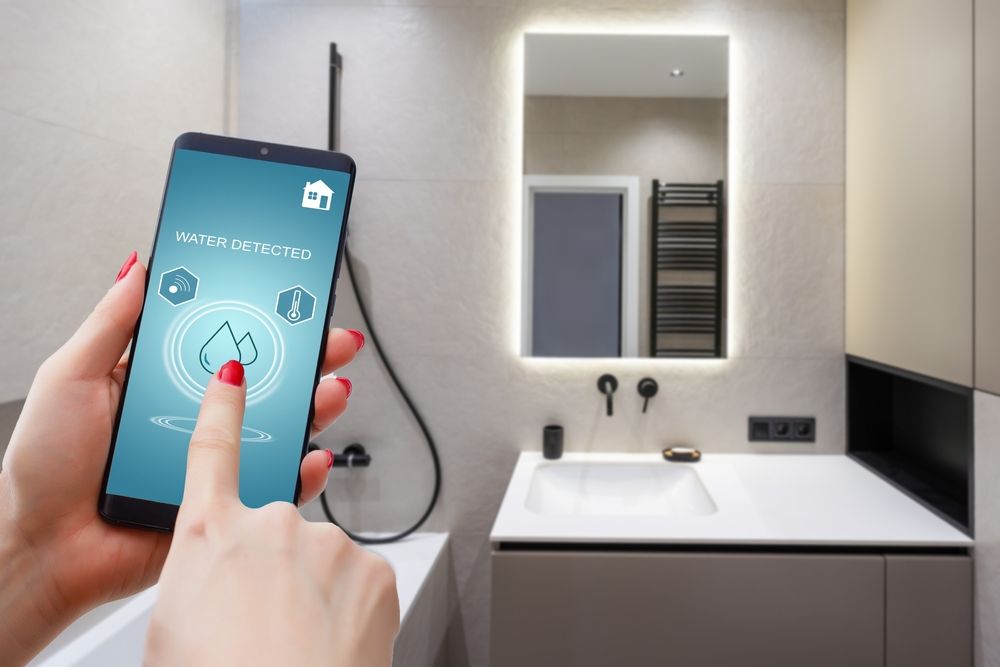Common Plumbing Problems in GA Homes & How to Fix Them
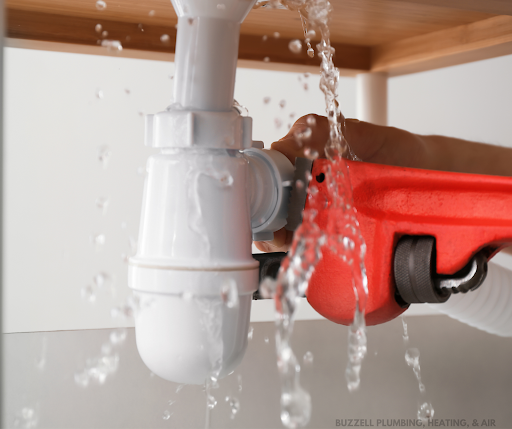
It’s no secret that plumbing issues are a headache for homeowners, but it’s important to identify and address them quickly. From clogged drains to hidden leaks, ignoring plumbing issues can lead to costly repairs and potential water damage.
If you’re a homeowner in Warner Robins, Georgia, knowing the most common plumbing problems can save you time, money, and frustration – knowing these problems can help you fix smaller issues before they become major problems for your home.
When you find a plumbing problem beyond your expertise, call your local plumbing experts at Buzzell Plumbing, Heating, and Air Conditioning!
1. Clogged Drains and Slow Drainage
The Problem:
One of the most common plumbing complaints in Georgia homes is clogged or slow-moving drains. Whether it's a kitchen sink, bathroom sink, or shower drain, buildups of hair, soap scum, grease, and food particles can cause significant blockages over time.
How to Fix It:
- Try using a plunger to dislodge minor clogs.
- Pour a mixture of baking soda and vinegar down the drain, followed by hot water, to break up minor blockages.
- Use a drain snake or auger to pull out hair and debris stuck in bathroom drains.
- Avoid chemical drain cleaners, as they can corrode pipes over time.
How to Prevent It:
- Install drain screens in sinks and showers to catch hair and debris.
- Never pour grease or food scraps down the drain—use a separate container for grease disposal.
- Run hot water through the drain regularly to help clear buildup.
2. Leaky Faucets and Fixtures
The Problem:
A dripping faucet may seem like a minor annoyance, but it can waste hundreds of gallons of water per year and increase your utility bills. Leaks usually occur due to worn-out washers, seals, or corroded valve seats.
How to Fix It:
- Replace the washer inside the faucet if it’s worn out.
- If leaks persist, you may need to replace the entire faucet assembly or call Buzzell Plumbing, Heating, and Air for professional repairs.
How to Prevent It:
- Regularly check faucets and showerheads for drips.
- Fix minor leaks as soon as they appear to prevent worsening damage.
3. Low Water Pressure
The Problem:
If your water trickles instead of flowing strongly from your faucets or shower, you may be dealing with low water pressure. This can be caused by sediment buildup in the pipes, corroded plumbing, or leaks in the water supply line.
How to Fix It:
- Check the aerator on faucets and clean out any sediment buildup.
- If you have low pressure throughout the house, check for leaks in pipes or your main water line.
- If your pipes are old and corroded, a plumber may need to replace sections of your plumbing system.
How to Prevent It:
- Install a water filtration system to reduce sediment buildup.
- Regularly inspect pipes for leaks or corrosion.
4. Running Toilets
The Problem:
A running toilet can waste hundreds of gallons of water per day, leading to higher water bills. This issue is usually caused by a faulty flapper valve, which fails to seal properly, allowing water to continuously run into the toilet bowl.
How to Fix It:
- Open the tank and inspect the flapper—if it’s worn or not sealing properly, replace it.
- Check the chain attached to the flapper; if it’s too short or tangled, it may be preventing the valve from closing fully.
- If problems persist, consider replacing the toilet fill valve.
How to Prevent It:
- Perform regular inspections of your toilet’s internal components.
- Avoid using drop-in toilet bowl cleaners, which can degrade rubber parts over time.
5. Water Heater Issues
The Problem:
Georgia homeowners rely on water heaters for daily tasks like showering, washing dishes, and laundry. Common issues include:
- Lack of hot water
- Rusty or discolored water
- Strange noises coming from the water heater
How to Fix It:
- If you’re not getting hot water, check the pilot light (for gas water heaters) or reset the circuit breaker (for electric water heaters).
- Drain the tank annually to remove sediment buildup, which can reduce efficiency.
- If you notice rusty water, the anode rod may need to be replaced.
How to Prevent It:
- Flush your water heater at least once a year to remove sediment.
- Schedule professional maintenance with Buzzell Plumbing, Heating, and Air Conditioning to check for issues before they become major problems.
6. Burst or Leaking Pipes
The Problem:
Pipe leaks can cause serious water damage, mold growth, and high water bills. In colder months, frozen pipes can burst if they’re not properly insulated.
How to Fix It:
- If you suspect a leak, shut off the main water supply and call Buzzell Plumbing, Heating, and Air Conditioning immediately.
- For small leaks, pipe repair tape or epoxy putty can serve as a temporary fix until professional repairs are made.
How to Prevent It:
- Insulate pipes in unheated areas, such as basements, garages, or crawl spaces.
- Keep cabinet doors open during freezing weather to allow warm air to circulate around pipes.
- Regularly check for signs of moisture, water stains, or mold growth.
7. Sewer Line Backups
The Problem:
Sewer backups are one of the most severe plumbing issues and can cause foul odors, slow drains, and wastewater backing up into sinks or toilets. This problem is often caused by tree root infiltration, grease buildup, or damaged sewer lines.
How to Fix It:
- If you suspect a sewer backup, avoid using any water in the house and call Buzzell Plumbing, Heating, and Air Conditioning immediately.
- In some cases, hydro jetting (a high-pressure water cleaning method) can clear out the blockage.
- A sewer camera inspection can identify the exact location of damage.
How to Prevent It:
- Avoid flushing anything other than toilet paper (no wipes, paper towels, or hygiene products).
- Never pour grease or oil down the drain.
- Have your sewer line inspected periodically, especially if you have large trees near your home.
When to Call Us
Plumbing issues are a common part of homeownership, but being proactive can save you from costly repairs. If you’re experiencing any of these problems, call us today for an over-the-phone assessment and estimate. Our expert team is here to help keep your home running smoothly!
